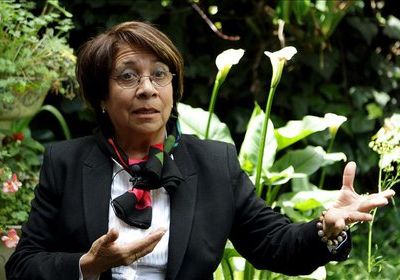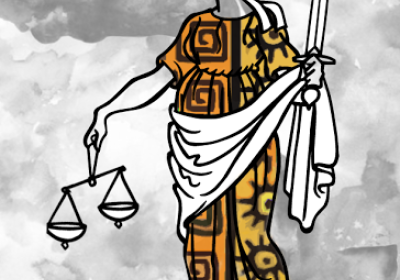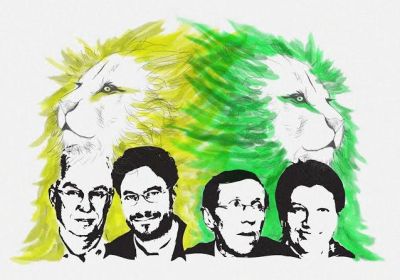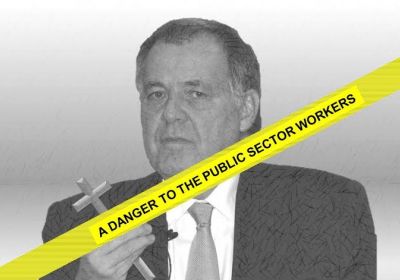
Since its founding in 1985, the Patriotic Union (UP), a Colombian leftist political party, has been victim of calculated violence from actors across the political spectrum. Colombia is the only country in the world that includes “political genocide” in its constitution. This is the label given to the violence suffered by the UP ― more than 5000 of whose members and supporters have been assassinated since 1985. This violence has meant that since 2002, the party has not had enough members to meet the threshold to legally qualify as an officially registered party.


